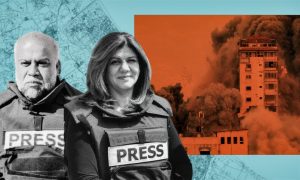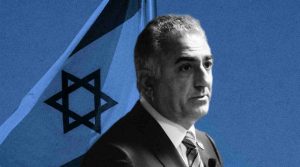In the UN’s high-stakes negotiations, a pivotal linguistic duel over ‘cessation’ versus ‘suspension’ casts Gaza’s fate into uncertainty.
Words are more than mere vessels of communication; they are potent instruments that can alter the course of history. The recent debate at the United Nations Security Council (UNSC), which centred on the choice between ‘cessation’ and ‘suspension’ of hostilities in Gaza, starkly illustrates this power. This debate, far from being a mere matter of semantics, carries profound implications, particularly in terms of human lives.
As diplomats at the UNSC convened hours before a pivotal vote, they found themselves at a crossroads, their negotiations reaching a fever pitch. The United States, challenging the use of ‘cessation of hostilities’ in the draft resolution, sparked intense diplomatic manoeuvring. The suggested alternative, ‘suspension of hostilities,’ while not finalised, opened a veritable Pandora’s box.
‘Cessation’ connotes a definitive end to hostilities, a nod towards a desire for lasting peace, a sense of finality. In contrast, ‘suspension’ implies a mere pause, temporary and inconclusive, hinting at a hiatus rather than an end. “The United States and Israel argue that any resolution containing these words amounts to a ceasefire, benefiting Hamas,” states Gabriel Elizondo, a journalist with Al Jazeera covering the event at the United Nations Headquarters in New York. “Therefore, the US reserves its veto power, as it has in the past… It appears they are seeking a compromise in language.”
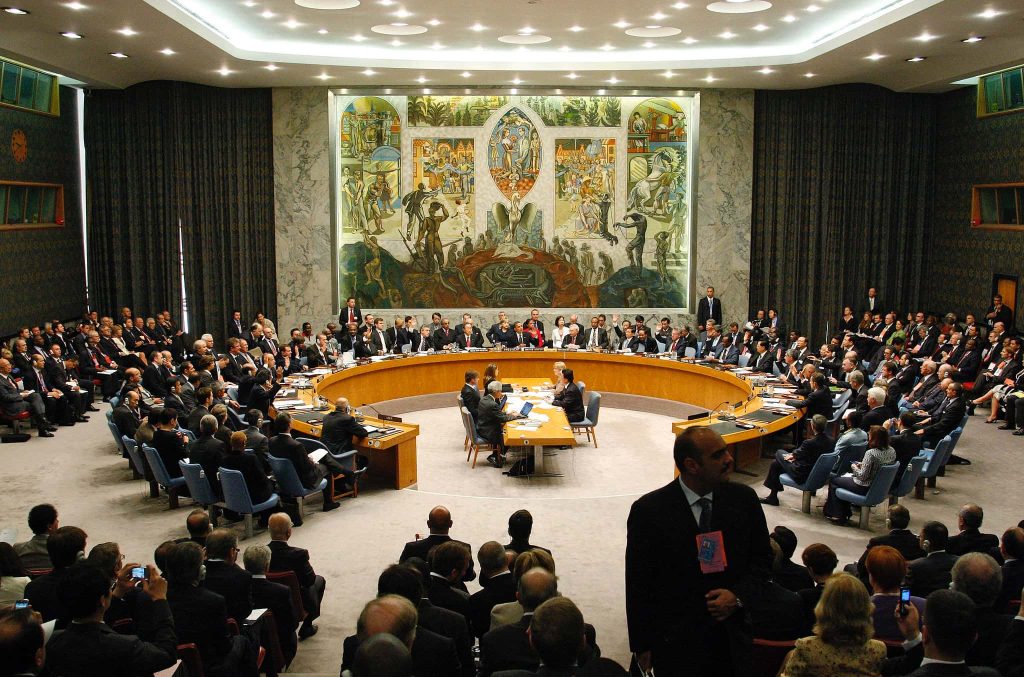
Very often the language used in international agreements is designed to contain a certain degree of flexibility to allow for varied interpretations and, as a result, exploitations. This is, for example, evident in the context of the principle of proportionality, a fundamental aspect of International Humanitarian Law (IHL). This principle requires that in military operations, the scale of unintended civilian harm must be balanced against the expected military benefits. While this is intended to minimise unwarranted damage, it can at times be invoked to rationalise considerable civilian casualties under the claim of strategic necessity. In places like Gaza, where the line between military objectives and civilian spaces is often blurred, the impact of these interpretations is measured in human lives – the lives of children, families and communities.
In his article on Palestine, biases and irresponsible journalism, William Christo explains that this principle allows for ‘collateral damage’ in military operations as long as it is proportionate to the military advantage anticipated. “This means that if a military force targets a senior military leader in an airstrike, and mistakenly kills a civilian in the process, the casualty is probably justified due to the strategic gain of killing the military leader.”
Commenting on whether these attacks are justified Mr. Christo notes: “Without access to classified information or the Israeli war room, it’s impossible to definitively say that Israel is violating this principle in Gaza. However, the levelling of entire apartment buildings in Gaza certainly does not seem to be in the spirit of proportionality.”
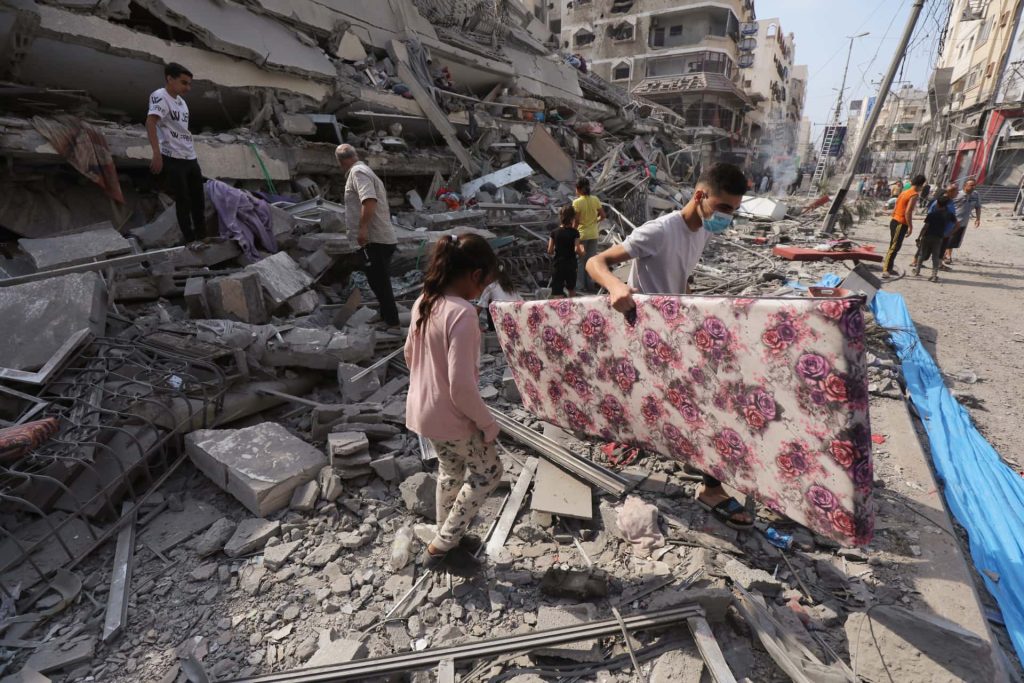
The broader issue here is not just about the interpretation of specific legal terms but about the very nature of international diplomacy and conflict resolution. The international community, particularly influential players like the United States and supporters of Israel, often navigate these linguistic ambiguities in a way that serves specific political agendas.
Instead of unequivocally compelling Hamas and Israel to resolve their differences in a manner respectful of human dignity and civil norms, there appears to be a tendency to exploit these legal loopholes. This exploitation can lead to actions that, while technically within the bounds of international agreements, such as IHL, defy the spirit of proportionality and, by extension, humanitarian ethics.
The issue of unclear language in international law is not unique to the situation in Gaza. The broader implications of such ambiguity become particularly apparent when considering other historical contexts.
The Rwandan Genocide of 1994, where as many as 800,000 people may have been massacred, serves as a grim reminder of the consequences of diplomatic inaction and linguistic ambiguities. The United Nations Assistance Mission for Rwanda (UNAMIR) was limited to ‘peacekeeping’, rather than ‘peacemaking’ a term that, in its strict interpretation, hindered decisive intervention to stop the genocide. This mandate allowed for only self-defence or evacuation of foreigners, not direct intervention to stop the genocide. This lack of authority to act decisively in the face of mounting violence was a critical factor in the failure to prevent the mass killings.
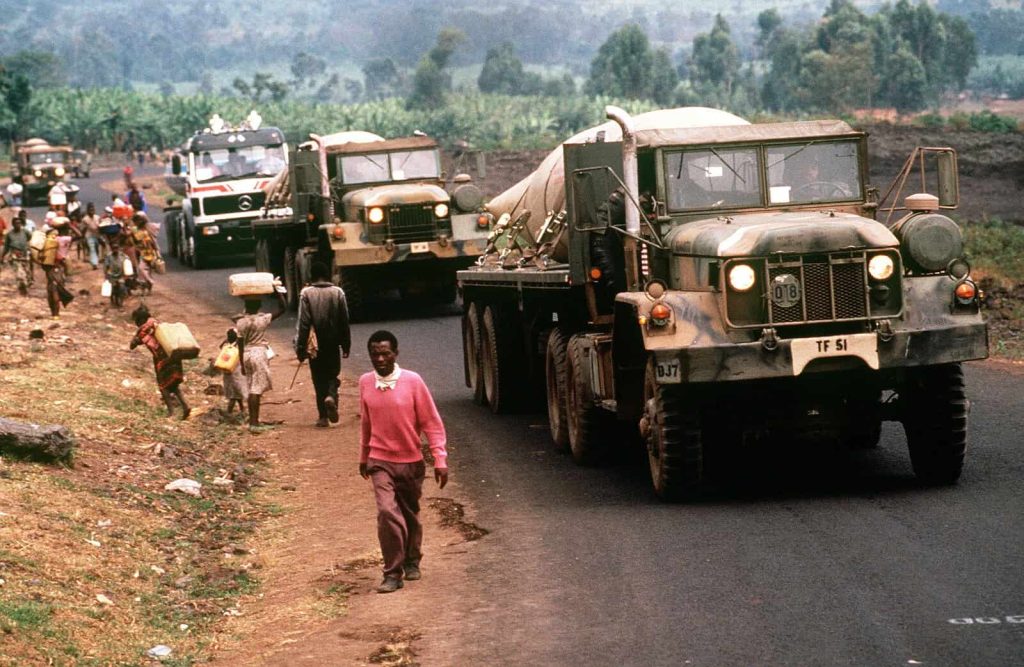
The debate over terminology like ‘cessation’ and ‘suspension’ in the context of the Gaza situation extends beyond mere linguistic choices; it underscores the interplay between language and policy in international diplomacy. In such diplomatic engagements, the human element remains pivotal. In conflict zones, the difference between ‘cessation’ and ‘suspension’ can be a matter of life and death. It determines whether families stay intact or are shattered, whether communities rebuild or remain in ruins. Thus, the language of diplomacy is inextricably linked to the hopes and despairs of millions.
On 20 December 2023, Estonian Foreign Minister Margus Tsahkna echoed these sentiments in an op-ed in The Guardian. Although Mr. Tsahkna avoided referring to the US directly, he warned of a “new age of empires where might prevails over right”, and called for a fundamental shift from the existing international system.
“Russia’s ongoing and barbaric war of aggression against Ukraine did not just break the system. It exploited some of its many flaws to degrade its apparently unenforceable norms and values.”
“…But we cannot merely hope to save the existing rules-based international system from the crises that this system led us to, nor expect everyone to be passionate about something they do not feel is working for them. If it can fail once, it will fail again. It needs fundamental change.”








